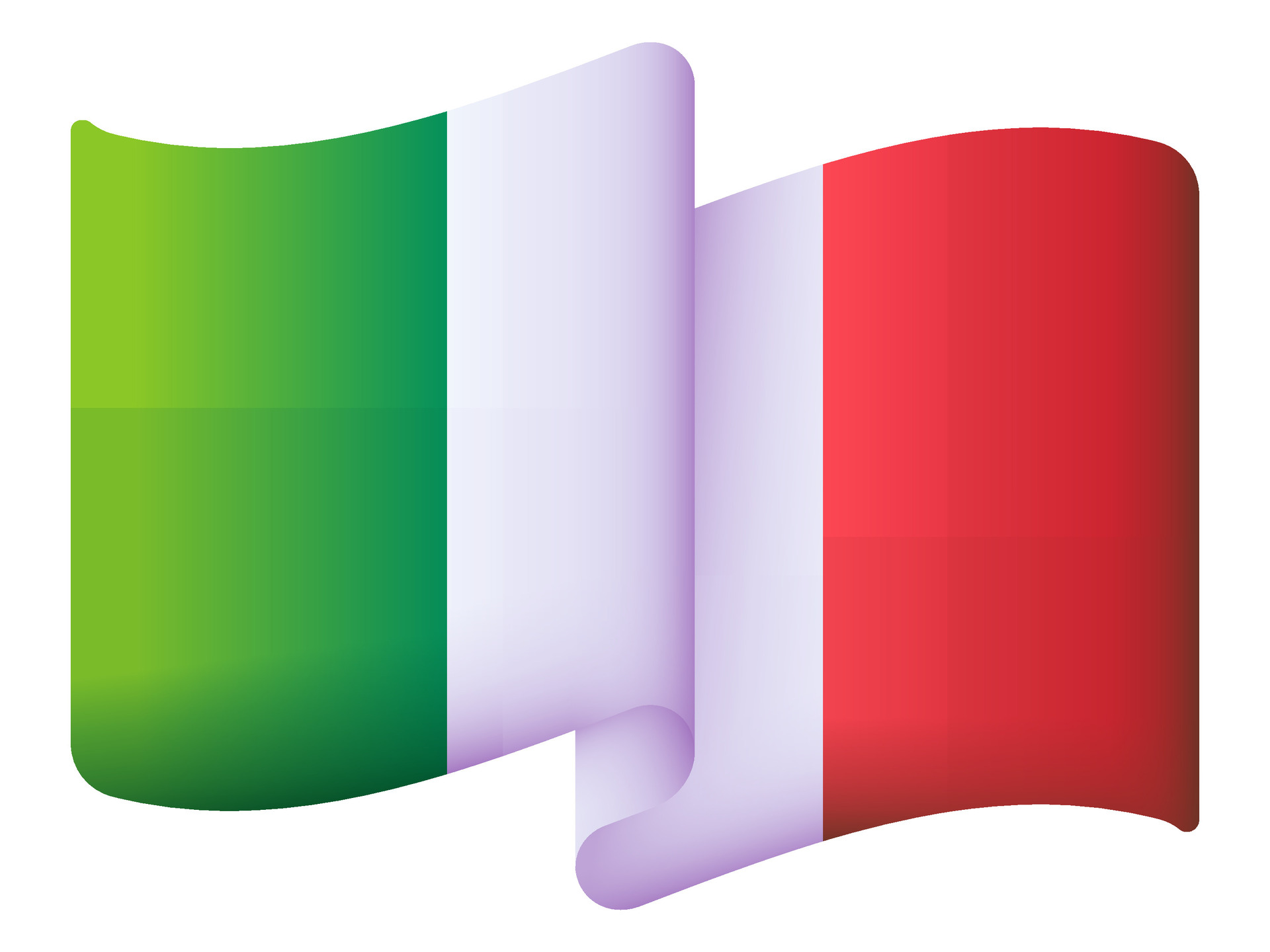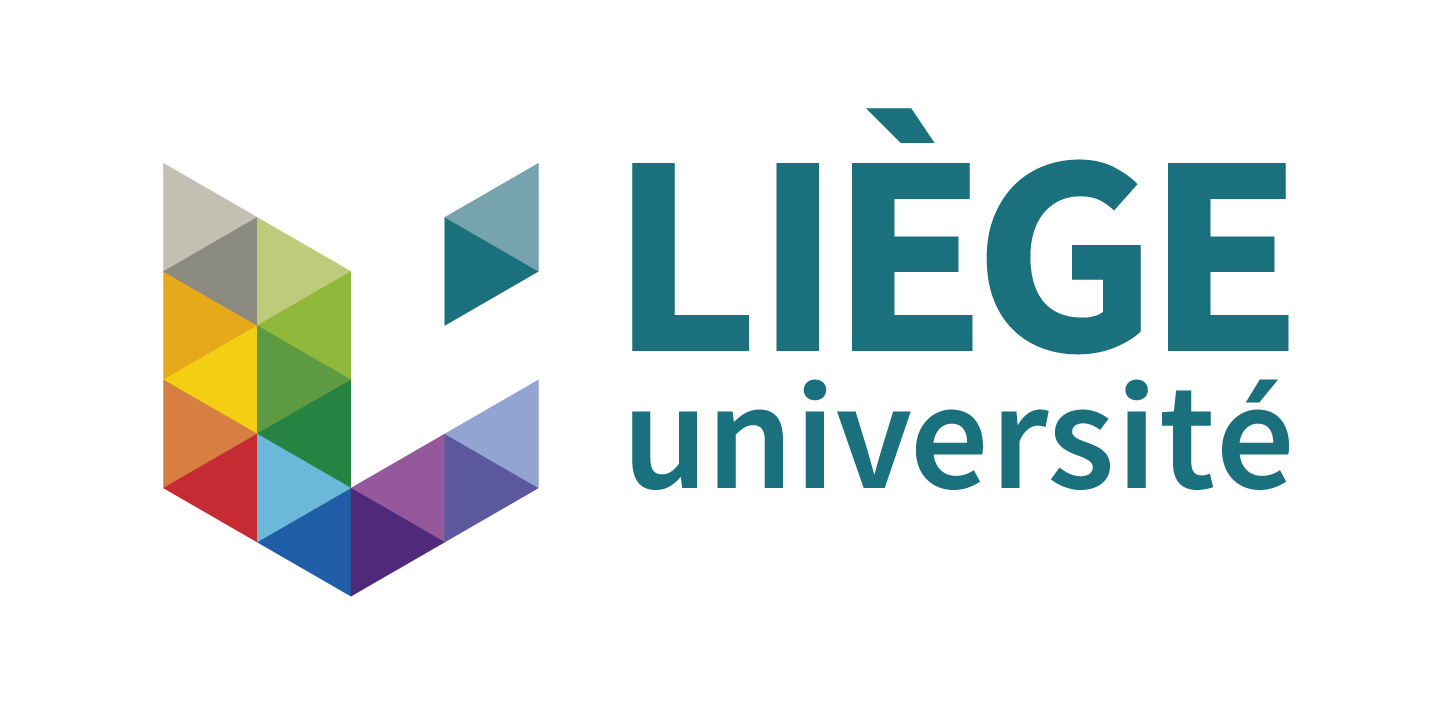EU autonomous controls on the export of dual-use items: Italy adopts national control list
On 1 July 2024, Italy announced the adoption of national controls on non-EU listed items. The Italian Minister of Foreign Affairs and International Cooperation, responsible for export controls on dual-use items in Italy, published the decree[1] and its complete annex[2] on its official website. These controls will come into effect upon publication in the official journal (Gazzetta Ufficiale).
The decree introduces controls on exports, brokering, and technical assistance services for three specific categories of items: Category 2 (Materials processing), Category 3 (Electronics), and Category 4 (Computers). The items subject to control include:
- Integrated circuits
- Signal amplifiers
- Silicon and related materials for microprocessors
- Extreme Ultraviolet (EUV) masks and EUV reticles designed for integrated circuits
- Dry etching equipment
- Quantum computers, software, and related technologies
- SEM microscopes
Italy has adopted these national controls under Article 9 of EU dual-use Regulation (Regulation 2021/821)[3]. The article allows for the establishment of national control lists for items not covered by the EU-wide regime, but deemed necessary to be controlled for reasons of public security, including preventing terrorism or safeguarding human rights.
Italy joins Spain, France, and the Netherlands, which have also invoked Article 9 by implementing national control lists in recent months. These controls are referred to as “EU autonomous controls” because they are established independently of the Multilateral Export Control Regimes agreed upon by the EU.
Article 9 also requires the Member State that has issued the national controls to notify the Commission and the other Member States of the measures taken. Subsequently, the Commission will publish the measures notified in the Official Journal of the EU and separately will publish a compilation of national control lists. The first such compilation was published on 20 October 2023.[4] This mechanism ensures the coordination of measures across the EU.
Pursuant to Article 10, once the measures have been officially published, other Member States shall impose an authorization requirement if the exporter has been informed by the competent authority that the export of the same item could be misused in relation to public security, terrorism, or human rights violations. If an authorization is denied, the receiving Member State must inform the Commission and other Member States of its decision.
[1] Decreto del Vice Ministro degli Affari Esteri e della Cooperazione Internazionale n. 1325/BIS/371 del 1 Luglio 2024. Available at: https://www.esteri.it/wp-content/uploads/2024/07/Istituzione-dellelenco-nazionale-di-controllo.pdf.
[2] Annex available at: https://www.esteri.it/wp-content/uploads/2024/07/allegato-A.pdf
[3] Regulation (EU) 2021/821 of the European Parliament and of the Council of 20 May 2021 setting up a Union regime for the control of exports, brokering, technical assistance, transit and transfer of dual-use items (recast) (OJ L 206, 11.6.2021). Available at:https://eur-lex.europa.eu/eli/reg/2021/821/oj
[4] Compilation of national control lists under Article 9(4) of Regulation (EU) 2021/821 of the European Parliament and of the Council of 20 May 2021 setting up a Union regime for the control of exports, brokering, technical assistance, transit and transfer of dual-use items. Available at: http://data.europa.eu/eli/C/2023/441/oj



No responses yet